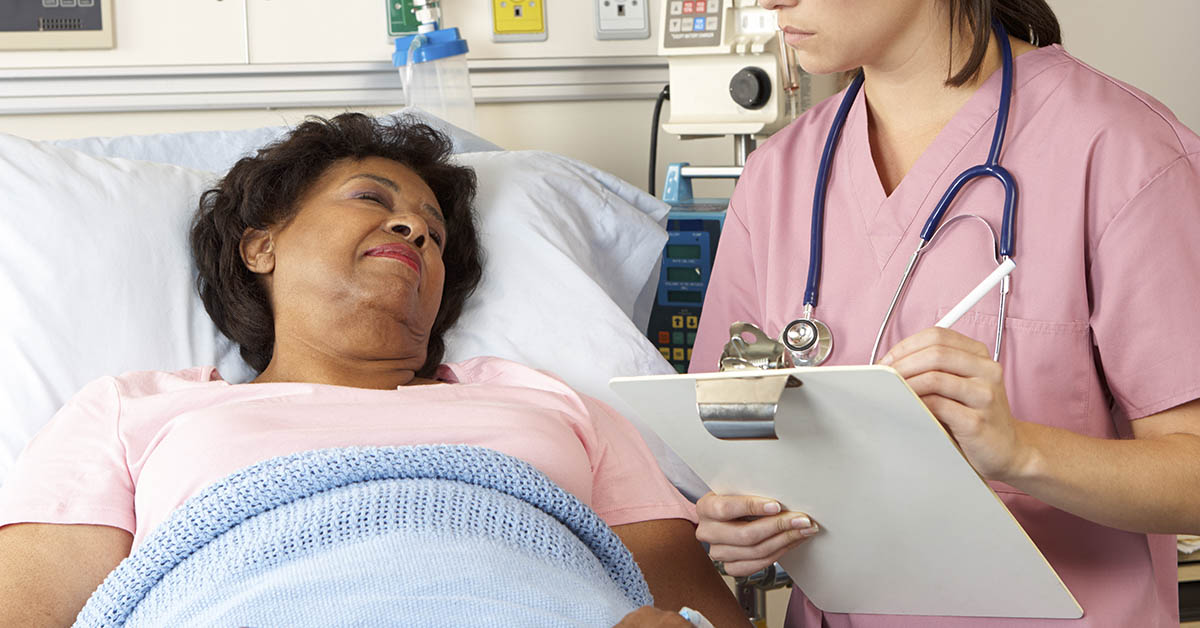Alcohol is pretty well-ingrained in most of our societies. We drink it at sporting events, and celebrations like weddings and Christmas, and it’s an integral part of certain cultural and religious ceremonies. That being said, we also know that it’s not the healthiest of habits. Alcohol is a well-known risk factor for stroke, but a new study finds that the risk actually temporarily increases for an hour after drinking.
Alcohol Increases Your Risk of Stroke
The study, published in the Journal of the American Heart Association, found that your risk of having a stroke nearly doubles in the hour after you drink. This includes even if you have just one drink. This may be because it increases blood pressure, which can cause blood vessels to narrow and rupture. This leads to a cerebral hemorrhage or stroke. (1)
The Study
The researchers interviewed 390 stroke patients, 209 of which were men and 181 women three days after they had their stroke. They asked the patients about many aspects of their lives. They found that 14 of those people had consumed alcohol at least one hour before their stroke. Many more had consumed alcohol in the last 24 hours, and most had at least consumed alcohol within the last year. They found that the risk of stroke after consuming alcohol is:
- 2.3 times higher in the first hour;
- 1.6 times higher in the second hour; and
- 30% lower than baseline after 24 hours.
When looking specifically at alcohol consumption, the researchers excluded patients who had other potential stroke triggers such as vigorous exercise or consuming caffeine.
“The evidence on heavy drinking is consistent: Both in the long and short term it raises stroke risk,” Mittleman said. “But we’re finding it’s more complicated with light to moderate drinking. It is possible that the transiently increased stroke risk from moderate alcohol consumption may be outweighed by the longer term health benefits.”
Read: It’s time to put cancer warning labels on alcohol, experts say
Alcohol Is Not Good For Your Health
Drinking alcohol, especially excessively, is not good for our health for many reasons. It has been shown that heavy alcohol use can lead to conditions such as high blood pressure and diabetes, which may also contribute to stroke risk. (2) Alcohol consumption has been linked with an increased risk of stroke by several different mechanisms:
Increases blood pressure
Blood pressure increases immediately after drinking alcohol and remains elevated for several hours afterward. In fact, some studies suggest that it takes up to 24 hours for blood pressure levels to return back down again! In addition, drinking heavily over time can lead to high blood pressure, which is a major risk factor for stroke.
Reduces levels of fibrinogen and plasminogen activator inhibitor-1 (PAI-1)
These are proteins that help the body break down blood clots. Heavy drinking has been shown to reduce the levels of both fibrinogen and PAI-1 in the blood, increasing the risk of clot formation and stroke.
Should You Stop Drinking Alcohol?
The answer is not so simple. Alcohol is an integral part of many cultures, and it can be a fun way to socialize with friends. Senior author of the study Murray A. Mittleman agrees that the evidence doesn’t suggest that no one should drink, ever. While heavy drinking is never recommended, light to moderate may or may not be problematic.
“The evidence on heavy drinking is consistent: Both in the long and short term it raises stroke risk,” Mittleman said. “But we’re finding it’s more complicated with light to moderate drinking. It is possible that the transiently increased stroke risk from moderate alcohol consumption may be outweighed by the longer term health benefits.”
“At this point we don’t have enough evidence to say that people who don’t drink should start, or that people who drink small amounts — on the order of one drink a day — should stop,” he continued.
However, if you are concerned about your drinking habits or would like to reduce the amount of alcohol you consume, there are steps that you can take. This includes limiting how much alcohol you drink per week, not binge drinking (consuming five or more drinks in one sitting), and avoiding mixing alcohol with prescription drugs such as acetaminophen (Tylenol). On your next night out with friends, try even just replacing every other drink with a glass of water or another non-alcoholic beverage. Not only will you feel so much better the next day, but you’ll likely end up consuming much less alcohol than you normally would.
Keep Reading: 6 Everyday Foods to Help Reduce Blood Pressure
Sources
- “Stroke risk temporarily increases for an hour after drinking alcohol, study finds.” Science Daily. American Heart Association. July 16, 2010.
- “Hundreds of stroke patients admit drinking same beverage ‘hours’ before brain attack.” Express. Solen Le Net. December 5, 2022

